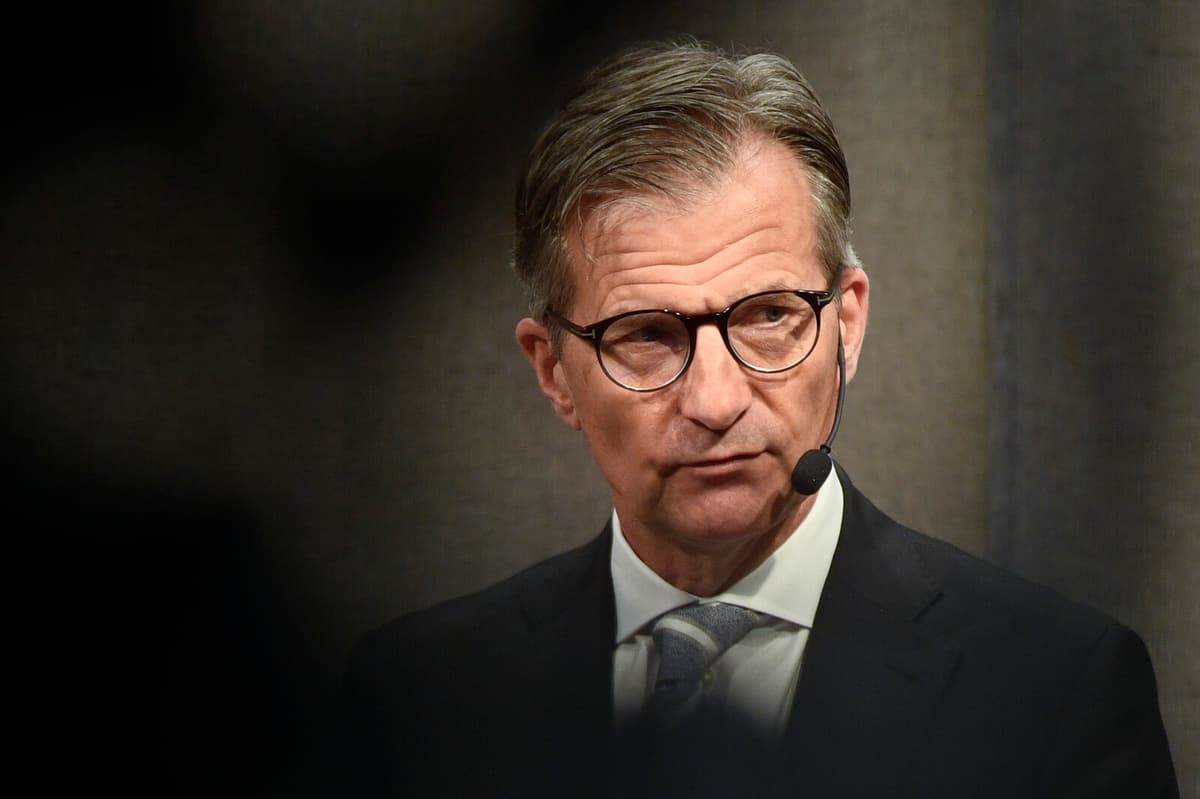The uncertainty in the surrounding world characterizes the Swedish Central Bank's latest monetary policy update. The central bank is opening up for the fact that weaker economic prospects in Sweden may lead to lower inflation, which in turn speaks for a slightly more lenient monetary policy going forward.
All focus for us is inflation, but an important ingredient is, says Riksbank Governor Erik Thedéen - and adds that it is uncertain what effect the tariffs will have on inflation.
We are humble in the face of the fact that the inflation development is more ambiguous, simply.
Better equipped
The Swedish Central Bank Governor says at the same time that Sweden is better equipped for an uncertain surrounding world than many other countries. He highlights, among other things, that Sweden has a low national debt, rising real incomes, and an inflation in line with the target.
We have public finances that are in order. If we get a slightly worse economic development, there is an opportunity to support not only monetary policy but also fiscal policy. That's not the case in all European countries.
The tariffs, says Thedéen, will hit the hardest against the USA.
They will likely get higher inflation, at least in the short term, and lower growth.
Increased pessimism
In the monetary policy update, it appears that there is increased pessimism among Swedish companies. Apart from direct tariff effects, there is a risk that Swedish companies will postpone investments.
We are an export-dependent country, so tariffs have great significance and in this case great negative significance.






